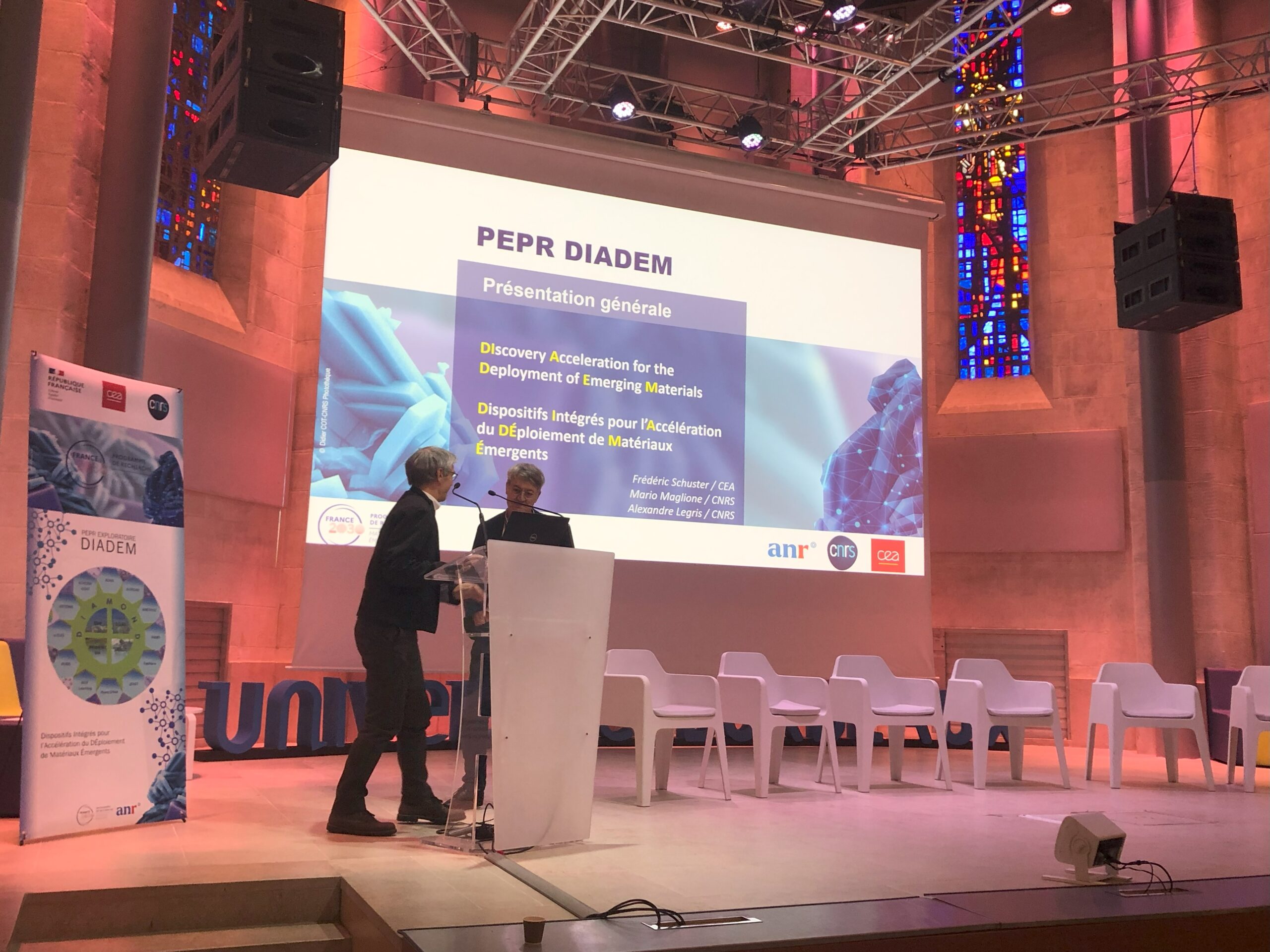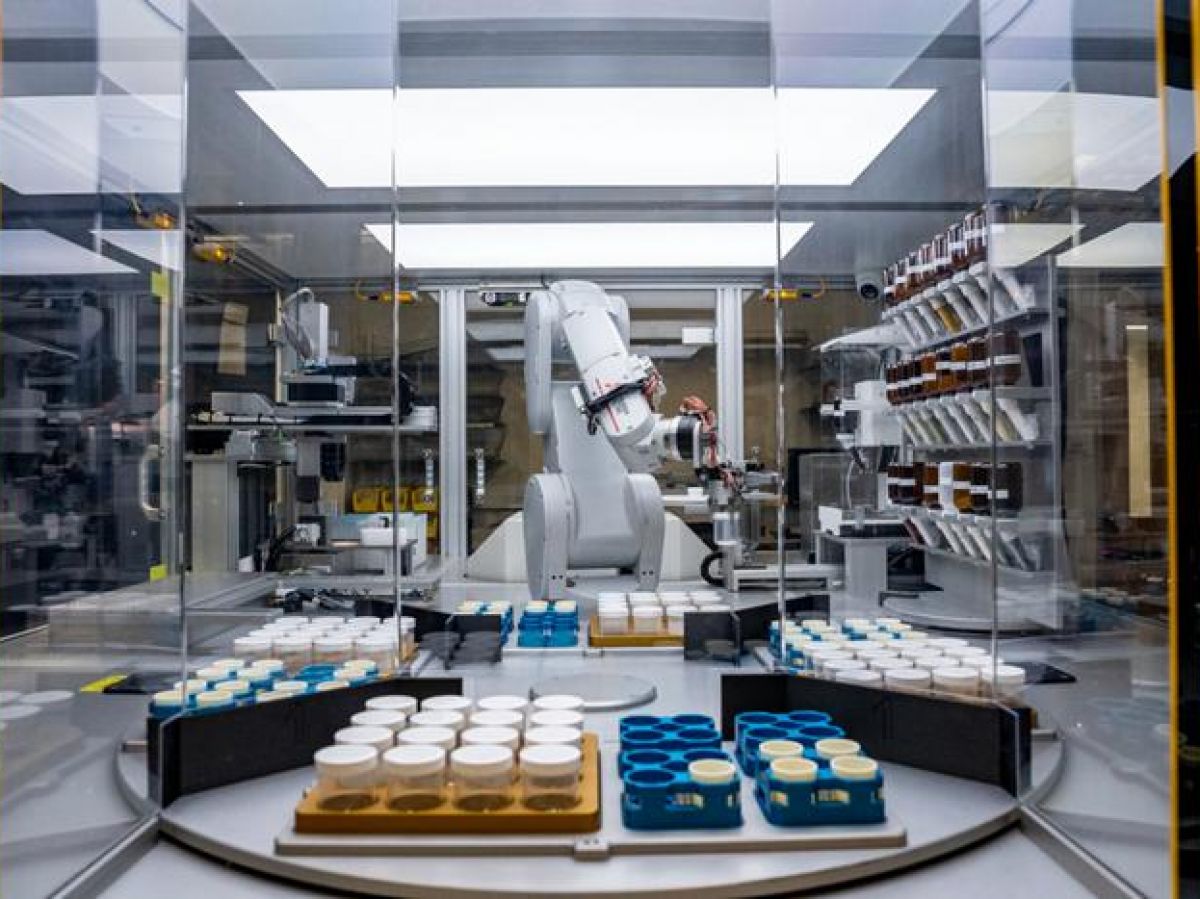Postdoctoral position:
GRADES / Edge Computing / AI
Published on
Position
Postdoc
Start date
1st September 2024
Duration
24 months
Location
Saint-Aubin (Essonne)
Context
SOLEIL is the French synchrotron radiation center, located on the Saclay plateau near Paris. As a unique tool for academic research and industrial applications, SOLEIL is used annually by several thousand French and international researchers. This very large research infrastructure (TGIR), a partner of the University of Paris-Saclay and open to international collaboration, is constituted as a civil company whose shareholders are CNRS and CEA.
The Experimental Data Reduction and Analysis Group at SOLEIL (GRADES) deploys numerous scientific software for processing massive data. The group also provides a computing infrastructure for scientists and users of the SOLEIL synchrotron. The SOLEIL synchrotron is a partner of the PEPR DIADEM project as a platform for characterizing the materials of the future. In this context, GRADES is experimenting with the use of artificial intelligence (AI) algorithms to automate the interpretation of data from detectors on beamlines.
In this context, we propose that you join GRADES to contribute to the prototyping and deployment of “AI” applications on beamlines.
Missions
You will prototype an automatic diffraction data reduction application based on artificial intelligence algorithms.
This application will be developed on an “edge computing” device such as NVIDIA Jetson, then deployed on several beamlines (MARS, DIFFABS) in collaboration with the Detectors and Control-Acquisition groups.
The scope of the study will then be extended to small-angle data for the SWING beamline. Finally, a portability study of the approach to other beamlines involved in the PEPR DIADEME will be undertaken. You will participate in PEPR meetings and present the results obtained.
You will also contribute to the operational maintenance of GRADES’ software, computing tools, and simulation tools.
Required Experience
We are looking for a candidate passionate about scientific computing, open-source software and systems (particularly Debian/Ubuntu). The candidate must hold a PhD in physics or scientific computing. Knowledge and/or experience in one or more of the following areas will be appreciated: data science, instrumentation, physics, AI, statistics, machine learning/deep learning.

The role also requires the following qualities: Teamwork and networking; Autonomy, priority management; Adaptability; Good interpersonal skills and service orientation; Being attentive to users and understanding their needs.
General conditions
This offer corresponds to a Post Doc contract of 24 months, starting from September 1, 2024.
You will benefit from the company’s advantages (health insurance, 75% reimbursement of public transport costs, cultural activities, housing assistance, telework).
The workplace is Saint-Aubin (Essonne), and the position is open to people with disabilities.
The position is open to CNRS and CEA staff, or universities, or other civil servants as part of a secondment.
Plus d'actualités


